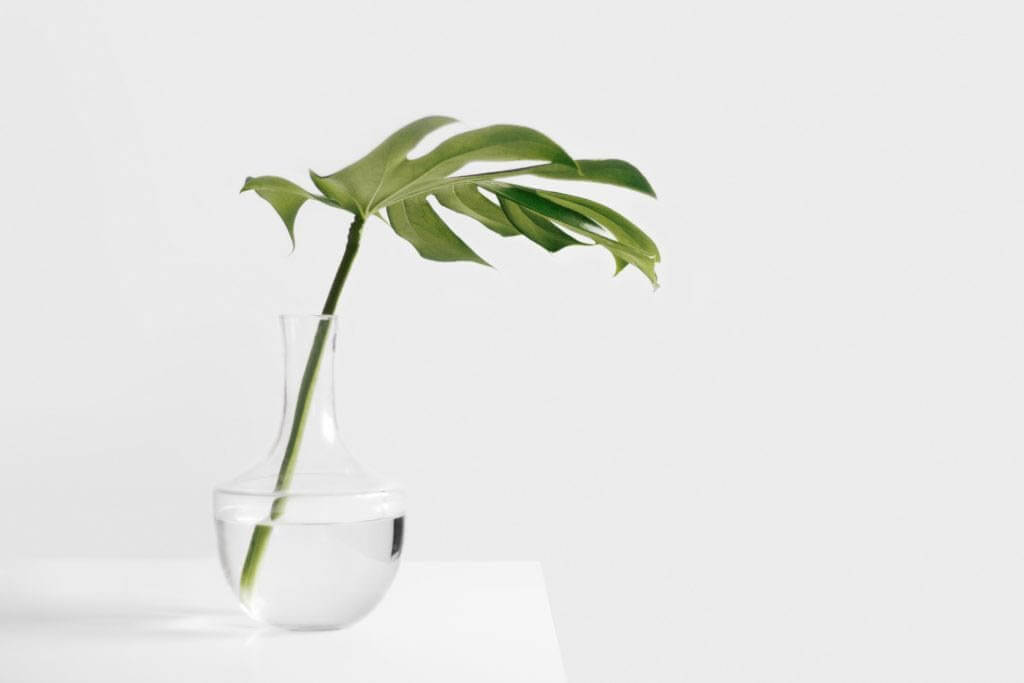
Inhaltsverzeichnis
Wie Nachhaltigkeit und Minimalismus zusammenpassen
Als ich mir vor ein paar Tagen ein Video über Nachhaltigkeit auf YouTube anschaute, wurden mir automatisch am rechten Bildschirmrand Videos über Minimalismus vorgeschlagen. Das machte mich neugierig und ich fragte mich, ob und inwiefern die beiden Themen zusammenhängen. Bedeuten Minimalismus und Nachhaltigkeit im Grunde dasselbe? Ist das eine Voraussetzung für das andere? Oder sind es eigentlich zwei völlig unabhängige Konzepte?
Zunächst möchte ich beide Begriffe definieren, um einen klareren Überblick zu bekommen. Natürlich habe ich – wie denke ich die meisten Menschen – eine ungefähre Vorstellung davon, was sowohl mit Nachhaltigkeit als auch mit Minimalismus gemeint ist, trotzdem finde ich es nicht uninteressant, was z.B. der Duden dazu sagt.
Nachhaltigkeit
Das klingt plausibel für mich und deckt sich so ziemlich mit meiner Vorstellung des Begriffes. Übrigens – fun fact – dieser Begriff steht schon seit 1915 im Rechtschreibduden.
Und wie wird Minimalismus laut Duden definiert?
Minimalismus
Hier scheint mir die Bedeutungsdefinition schon schwammiger. Mir fehlt die Erklärung dessen, was mit dem “Nötigsten” gemeint ist und auf welche Lebensbereiche sich die Definition bezieht. Ist Minimalismus nicht mittlerweile auch zu einer Art Einrichtungsstil geworden?
Für mich persönlich bedeutet Minimalismus nicht unbedingt, mit so wenig wie möglich auszukommen, sondern eher mit den Dingen zu leben, die man auch wirklich mag und verwendet.
Was hat das eine mit dem anderen zu tun?
Wir alle kennen das wohltuende Gefühl, das sich in einem ausbreitet, wenn man etwas Neues kauft. Sei es zur Belohnung nach einer anstrengenden Zeit im Job, als Frustkauf wenn gerade gefühlt alles schief läuft oder einfach weil man total Bock drauf hat. Es fühlt sich einfach gut an, sich etwas zu gönnen.
Dabei geht es einem häufig auch gar nicht darum, was genau man sich kauft und welchen bahnbrechenden Unterschied dieses materielle Gut im eigenen Leben machen wird (oder eben auch nicht). Wir suchen vielmehr nach den Gefühlen der Freude und Befriedigung, die uns der Kauf beschert.
Sowohl bei Nachhaltigkeit als auch beim Minimalismus geht es meiner Meinung nach nicht nur darum, weniger (unnötiges) Zeugs zu kaufen, sondern eben auch darum, den materiellen Reichtum, der sich bereits in unserem Leben befindet, mehr wertzuschätzen. Wenn man sich weniger Neues anschafft, kann man außerdem auch mehr in die Dinge investieren, die man sich schließlich dann doch zulegt.
Hieran zeigt sich dann schön das Zusammenspiel von Nachhaltigkeit und Minimalismus: Wenn ich weniger kaufe, das ich nicht unbedingt brauche, und dafür mehr Geld übrig habe für das, was ich wirklich brauche, dann habe ich die Möglichkeit, in höhere Qualität und beständige, haltbare und nachhaltige Produkte zu investieren.
Damit werden mir meine Besitztümer zugleich wichtiger aber auch weniger wichtig: Weniger wichtig, weil ich mich und meinen Erfolg nicht mehr über meine materiellen Errungenschaften definiere. Wichtiger, weil ich für die Dinge, die ich besitze dankbarer bin, sie mehr schätze und mehr genieße.
Was bedeutet das für mich?
Für mich gehen Nachhaltigkeit und Minimalismus also quasi Hand in Hand. Minimalistisch zu leben ist nachhaltiger, und Nachhaltigkeit ist durch Minimalismus einfacher umzusetzen. Dennoch sind die Begriffe voneinander zu trennen und nicht jeder, der einen minimalistischen Lifestyle verfolgt, lebt nachhaltig – und andersherum.
Vielleicht reicht es für den Anfang schon, sich einfach mehr Gedanken über den eigenen Konsum zu machen. Lohnt sich diese Anschaffung? Brauche ich die zehnte Handtasche wirklich oder reichen auch die neun, die ich schon habe? Ist es sinnvoller, dreimal im Jahr neue Hosen zu kaufen, die dann nach ein paar Mal Tragen auf sind oder sollte ich besser ein Mal im Jahr in eine Hose investieren, die zwar teurer, dafür aber fair produziert und aus hochwertigen Materialien gefertigt ist und somit auch länger hält?
Natürlich muss jeder für sich entscheiden, wie wichtig ihm Nachhaltigkeit und/oder Minimalismus sind. Und man muss auch nicht von heute auf morgen seinen kompletten Lebensstil ändern. Aber sich selbst und die eigenen Entscheidungen öfter mal hinterfragen sehe ich als super Anfang um sich mehr mit den Themen Minimalismus und Nachhaltigkeit auseinanderzusetzen.
Wenn du noch mehr über die Themen Nachhaltigkeit, Achtsamkeit oder gesunde Ernährung erfahren möchtest, schaue doch mal hier vorbei.

Photo by Jake Melara on Unsplash





















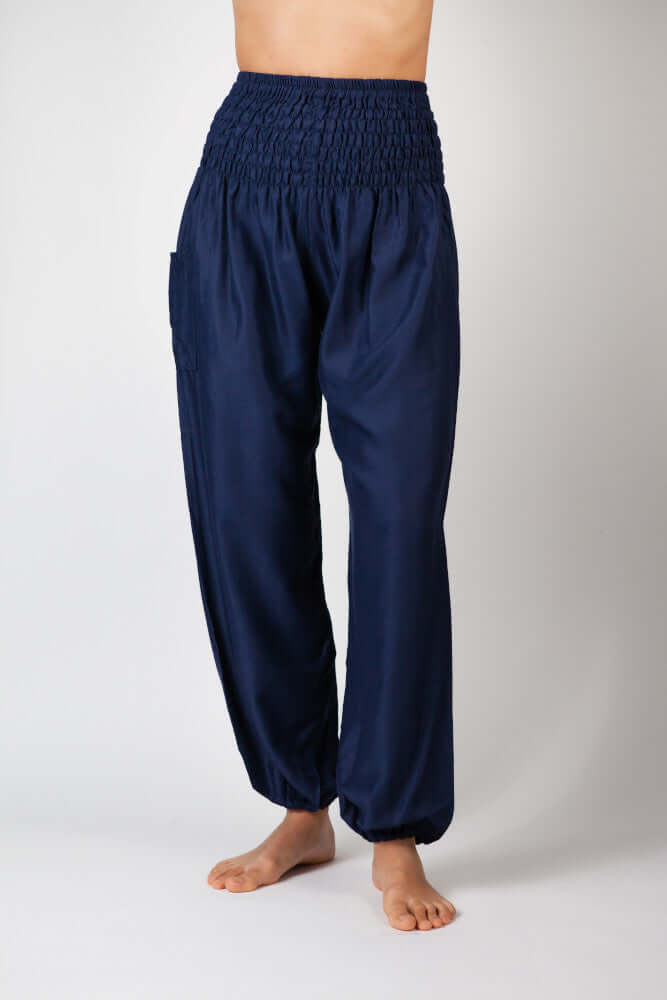
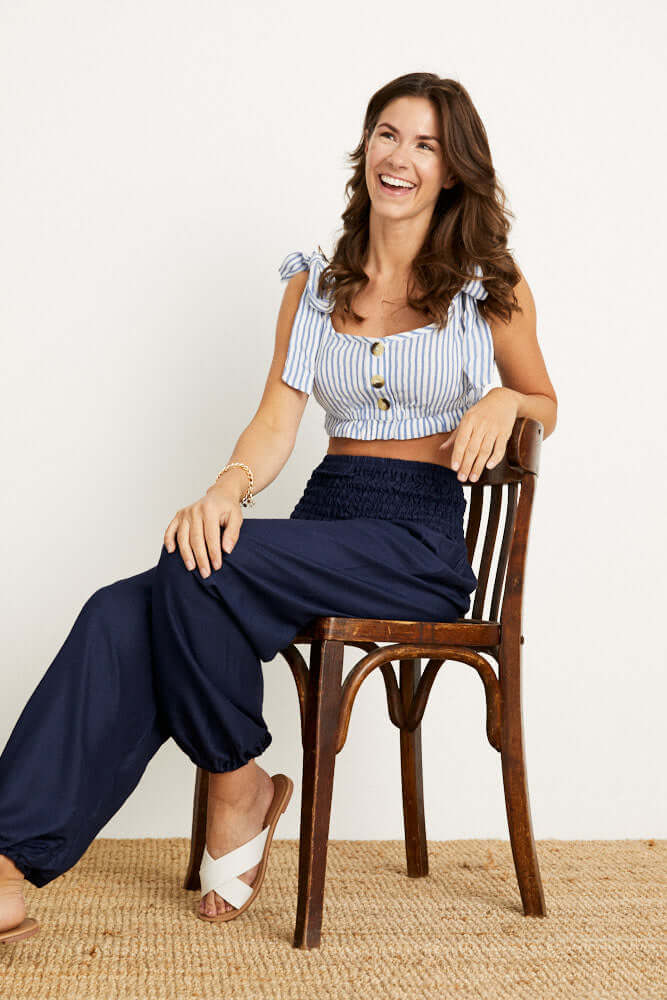
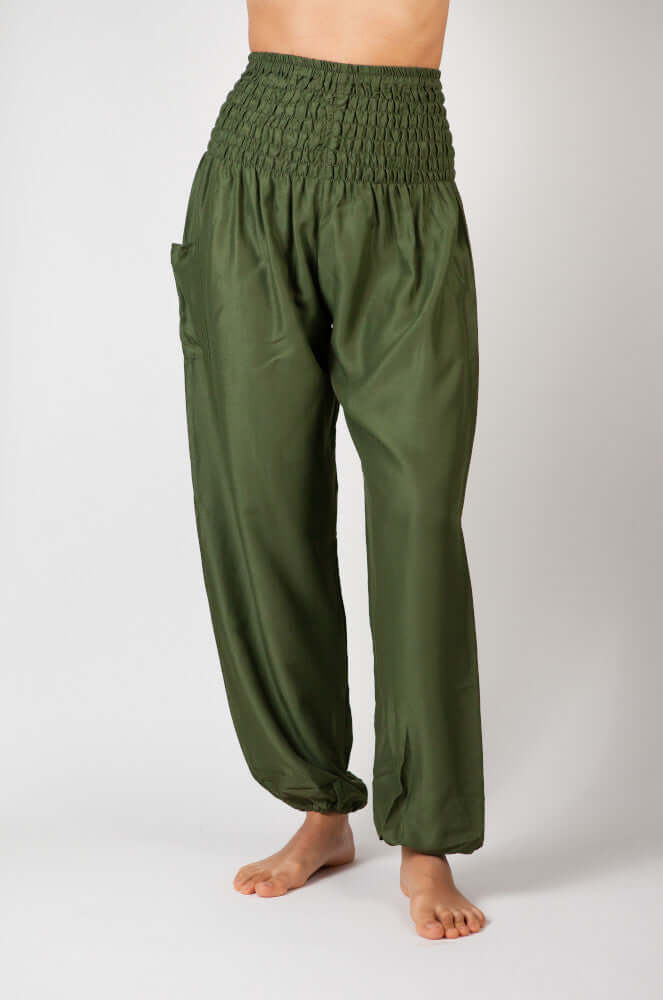
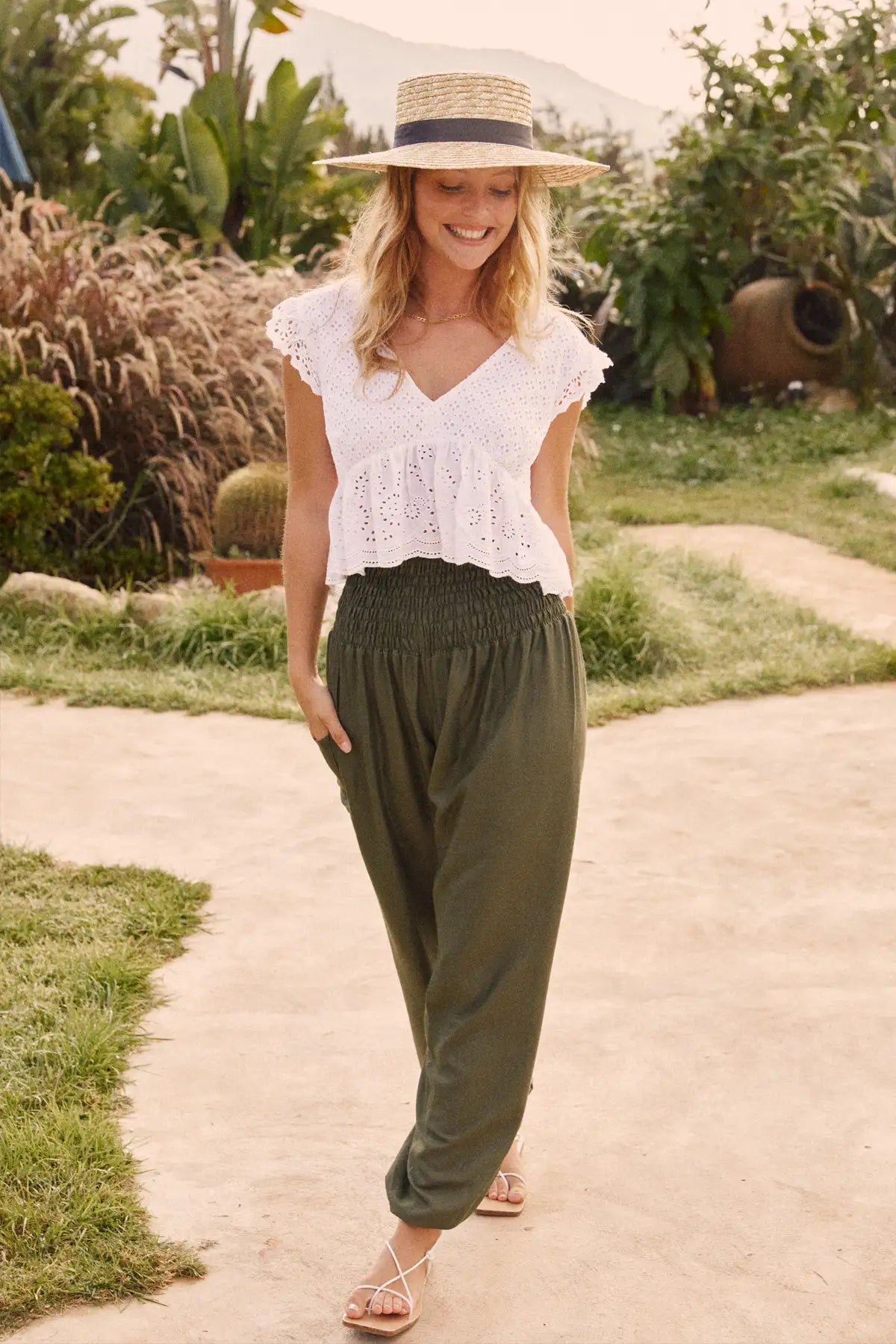
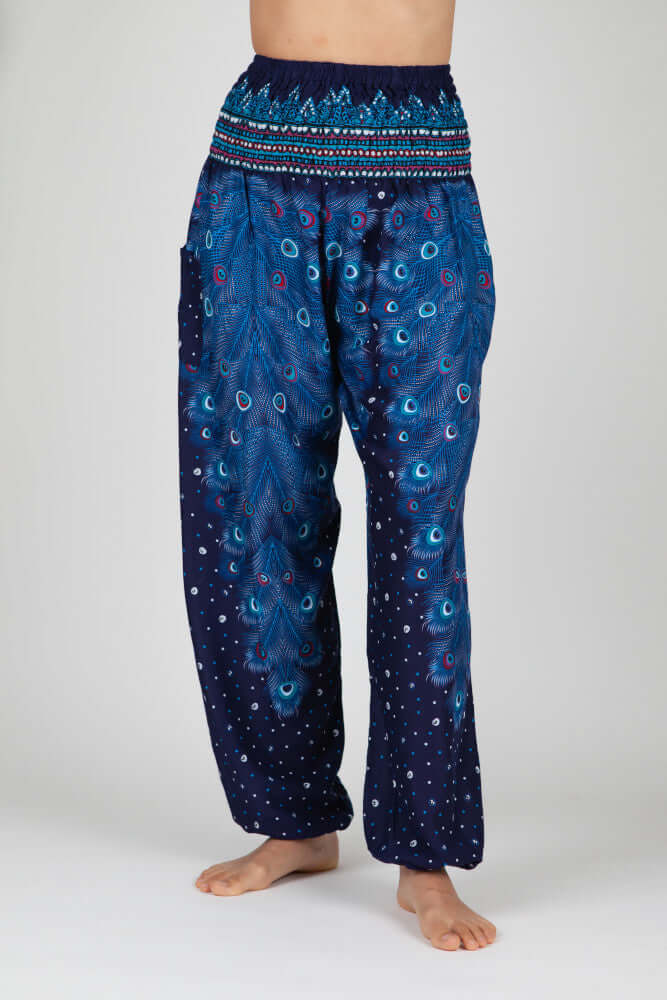

Leave a comment
This site is protected by hCaptcha and the hCaptcha Privacy Policy and Terms of Service apply.